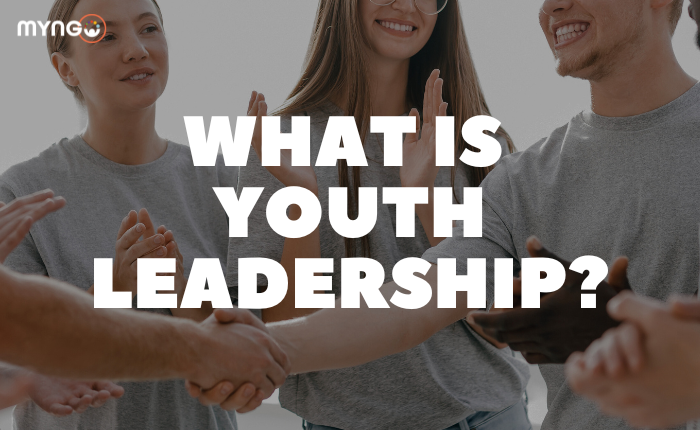
About Lesson
Welcome to Lesson 1 of “Youth Leadership! In this lesson, we’ll explore the fundamental concept of youth leadership, its significance, and the diverse ways in which young people can lead and make a positive impact in their communities.
Learning Objectives
- Define youth leadership and its significance.
- Understand the role of youth leadership in promoting positive change.
- Explore different forms and contexts of youth leadership.
Lesson Content
-
Understanding Youth Leadership
- Definition: Youth leadership is the process through which young individuals take initiative, demonstrate influence, and make decisions to create positive change within their communities. It involves the ability to inspire, motivate, and mobilize others towards common goals.
- Significance: Youth leadership is crucial for addressing societal challenges, promoting innovation, and empowering young people to become active agents of change. By engaging in leadership roles, young individuals develop essential skills, build confidence, and contribute to building stronger, more resilient communities.
-
Forms of Youth Leadership
- Formal Leadership Roles: These include positions within structured organizations such as student councils, youth clubs, or community boards. Formal leaders are elected or appointed to represent their peers and make decisions on their behalf.
- Informal Leadership: Informal leaders emerge naturally within peer groups, classrooms, or community settings. They may not hold official titles but exert influence through their actions, ideas, and ability to mobilize others.
-
Benefits of Youth Leadership:
- Personal Development: Engaging in youth leadership opportunities fosters personal growth and skill development. Leaders enhance their communication, teamwork, problem-solving, and decision-making abilities, which are valuable in both personal and professional contexts.
- Community Impact: Youth leaders have the potential to make a significant impact on their communities. By identifying local needs, advocating for change, and mobilizing resources, they contribute to building stronger, more resilient communities.
Additional Materials
• “Exploring Forms of Youth Leadership” (Online Article)
• “Youth Leadership in Action” (YouYube Video)